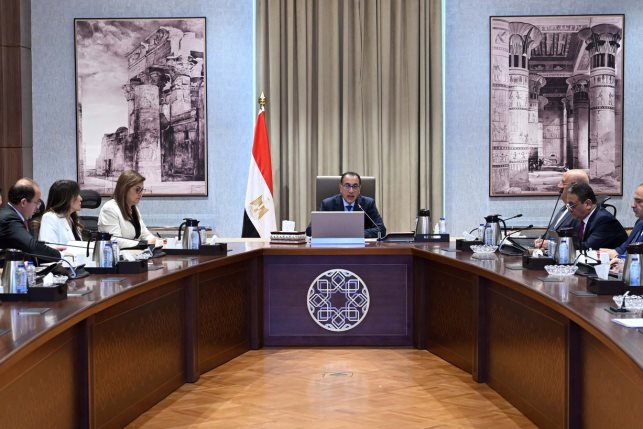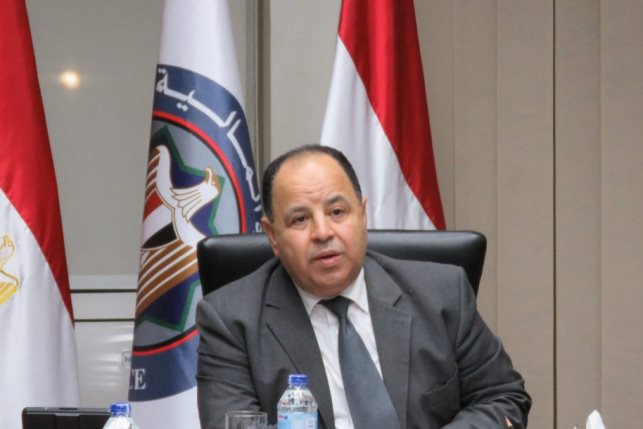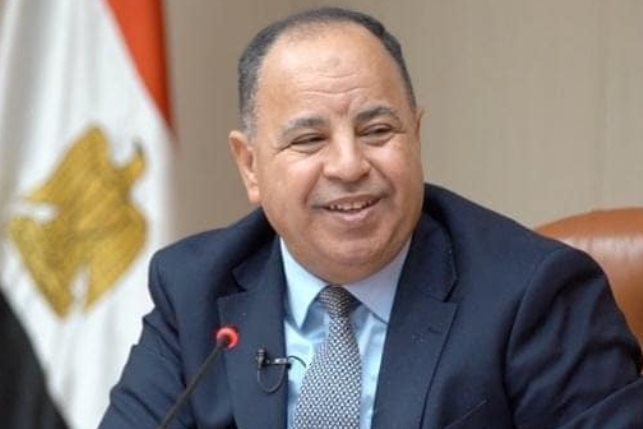Egyptian Central Bank stresses financial inclusion's crucial role in eradicating poverty
Deputy Governor of Egypt's Central Bank champions the role of financial inclusion and literacy in poverty eradication and economic growth at the Arab Conference.

In a compelling address delivered during the 2023 Arab Conference on Savings and Financial Literacy, Sherif Luqman, Deputy Governor of the Central Bank of Egypt, underscored the pivotal role of financial inclusion, savings, and financial literacy in eradicating poverty and fostering prosperity.
Luqman, speaking on behalf of the Egyptian Central Bank Governor, emphasized that recent global challenges such as the COVID-19 pandemic and the Russo-Ukrainian crisis have heightened the significance of digital financial inclusion and financial technology (fintech) in addressing the repercussions of these crises.
He particularly noted their cost-effectiveness and effectiveness in reaching financially excluded populations who lack adequate services to meet their needs and improve their living standards.
The importance of financial literacy and long-term savings in enhancing family financial capabilities was also emphasized. The Egyptian Central Bank places significant importance on financial literacy and its role in improving the financial performance of citizens. This enables families to save, borrow, and invest more securely, thereby enhancing financial inclusion rates and supporting market stability and efficiency.
Luqman pointed out that Egypt has taken significant steps in making financial services accessible to individuals, companies, micro, small, and medium-sized enterprises over the past decade, aligning with the Sustainable Development Strategy "Egypt Vision 2030." This alignment is especially pertinent in the pursuit of a competitive and diversified economy by promoting financial inclusion and advocating for savings.
He revealed that Egypt's efforts to enhance financial inclusion, led by the Central Bank of Egypt in cooperation with various local and international ministries and entities, have resulted in a significant increase in local financial inclusion rates over the past seven years.
As of June 2023, the financial inclusion growth rate reached an impressive 160.8%. This translates to 44.6 million citizens having financial accounts that enable them to conduct financial transactions, equivalent to 67.3% of the population aged 16 and above, estimated at approximately 66.4 million.
Regarding financial inclusion for women, the indicators displayed a notable increase in the number of women with financial accounts, reaching 19.3 million by June 2023, representing a growth rate of 227%.
Luqman further revealed that funding directed from the banking sector to micro, small, and medium-sized enterprises experienced significant growth, with a growth rate of 350% recorded from January 2016 to June 2023.
Despite the progress in access to financial transaction accounts, the Central Bank of Egypt remains committed to continuing its efforts to raise awareness and financial education across all Egyptian governorates. This commitment is seen as a crucial factor in empowering citizens with knowledge about the available financial products and services, how to use them, and their benefits.
Luqman stressed that the damage resulting from financial illiteracy in communities is profound, affecting individual well-being and the desired economic development. Data from the World Bank indicates that inexperienced financial service users may not maximize the benefits of such services to suit their unique needs or manage their finances effectively. This underscores the importance of financial education, not only in protecting individuals from fraud but also in aiding economic and social empowerment.
He emphasized that the Central Bank of Egypt places a high priority on financial education, viewing it as a vital component of the Central Bank's 2022-2025 Financial Inclusion Strategy. The goal is to promote financial culture and awareness, enhancing citizens' ability to make sound financial decisions.
Luqman explained that the Central Bank of Egypt employs a comprehensive approach to implement financial education projects and initiatives to ensure their effectiveness and sustainability. This approach makes it easier to measure the impact, linking the dissemination of financial knowledge to accessing and using financial products.
He concluded by emphasizing that financial literacy is no longer a luxury but a necessity to encourage individuals to plan, save for their future, and protect themselves from crises or emergencies that may arise at any moment.
Furthermore, it empowers them to keep pace with the significant technological advancements in financial technology witnessed worldwide in recent years. Higher levels of financial literacy lead to increased financial inclusion rates and economic development. It is hoped that this vital conference will contribute to achieving this outcome.





